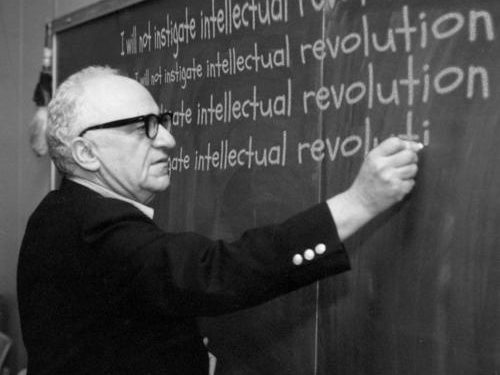When I started the Growing Worldwide Opportunity Foundation with Chris Genung in 2009 we both wanted to give opportunities to students that we did not receive ourselves. Even though I was a student athlete and good student I had very little financial aid from scholarships during my undergraduate and graduate education. So naturally when GWOF was started I wanted to give scholarships to students that fell into that same category. In the past few years GWOF has been able to award scholarships to some great individuals but I continued to feel that we were not making a true impact. I believe that most of these students would have found a way to get through college without GWOF’s scholarship money.
I will be the first to promote education based on the impact it had on me but I question whether scholarships really drive results with students. During my college career I was a student athlete which taught me great discipline and focus but the sport I played was not a revenue generator and scholarships were lean. I was only given a small partial scholarship during one year of my career. This left me with the decision to take out student loans or work a part-time job to cover my expenses. I picked the latter due to my dislike of having debt. Starting my sophomore year I was a full-time student, full-time athlete and part-time bartender. To me this taught me more about character, discipline and value of education than had I been awarded scholarships to pay my way through college. This is why I struggle with the concept of scholarships and how much impact they truly have and also the archaic manner in which they are awarded.
I was an average student in High School which also did not set me up to receive scholarship money. During college I was a top student due to the learning environment and diverse subject matter and I started to outperform most of the students that were awarded scholarships based on their High School performance which was now years behind them. This is a point of contention for me given that I support free market structures. Why is a student rewarded based on performance and metrics from one to four years earlier? How is this benefiting the student or setting that student up for the free markets? Thus, I was still out of the scholarship circle which posed a situation for me to consider.
As I prepare for the future I do not believe that GWOF will continue to give scholarships but instead focus on supporting innovative programs to help students grow and reward them based on results. For example, the University of Nevada Reno has a great business plan competition and the winner receives $50,000 to start their business. I see this as a great program to encourage students to work hard outside of their normal scope of classwork and it is based on real world results. GWOF is looking to be a supporter to this program and award those efforts alongside the endowment.

